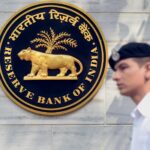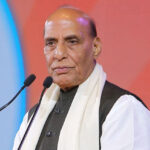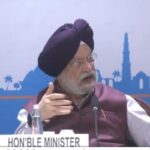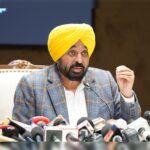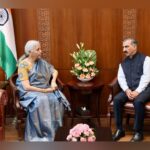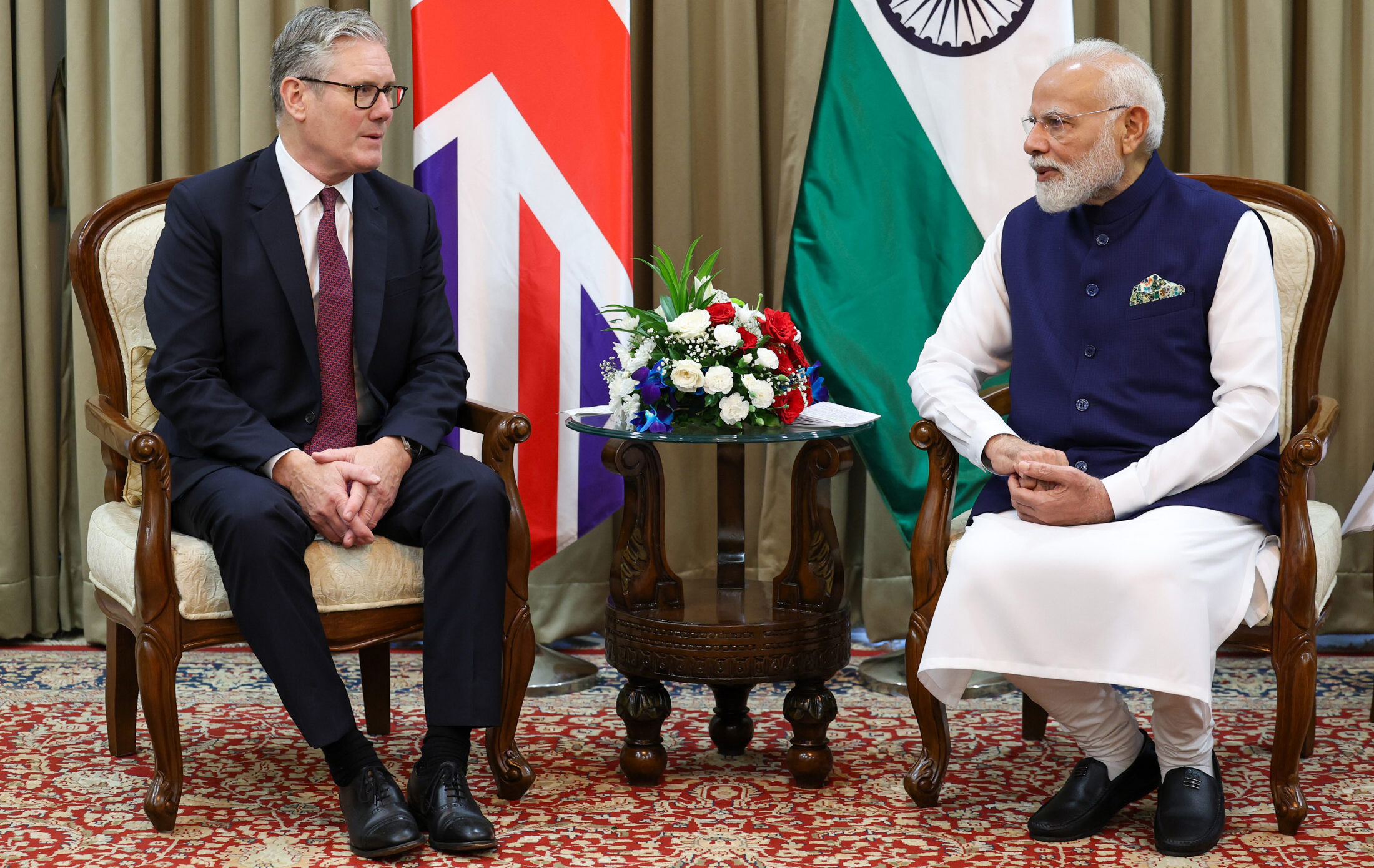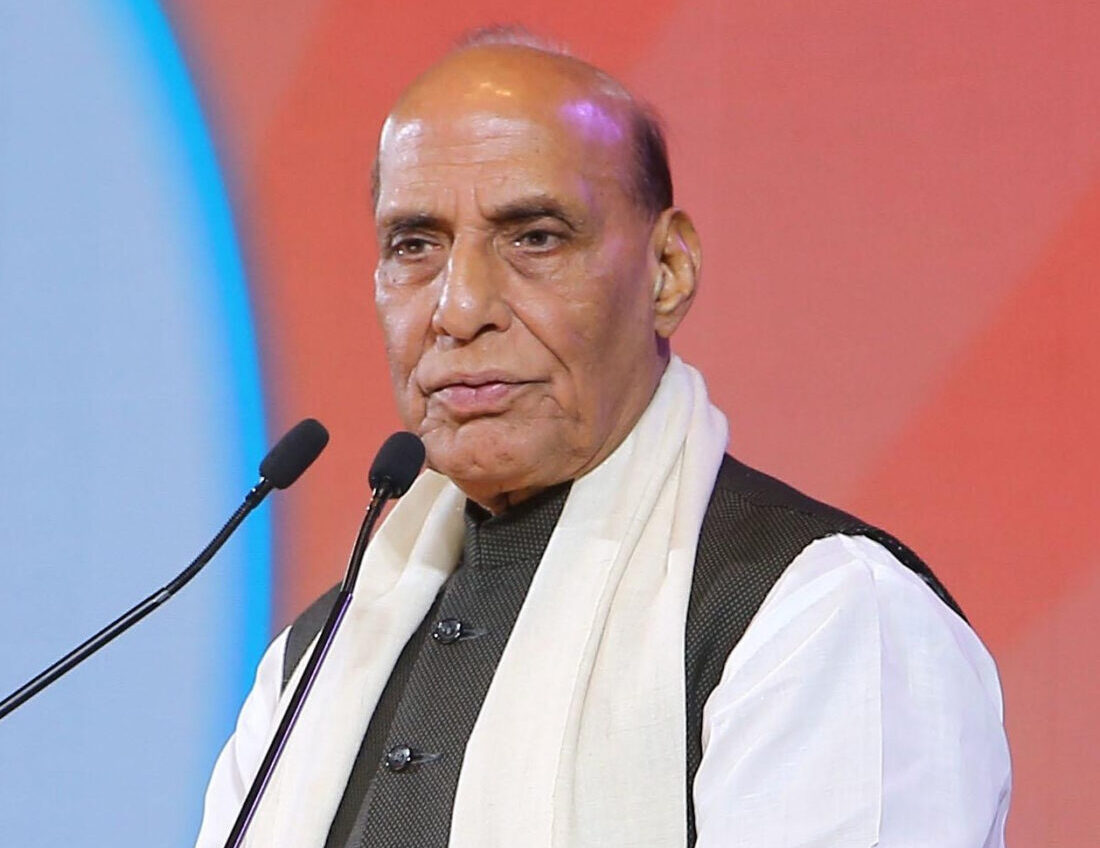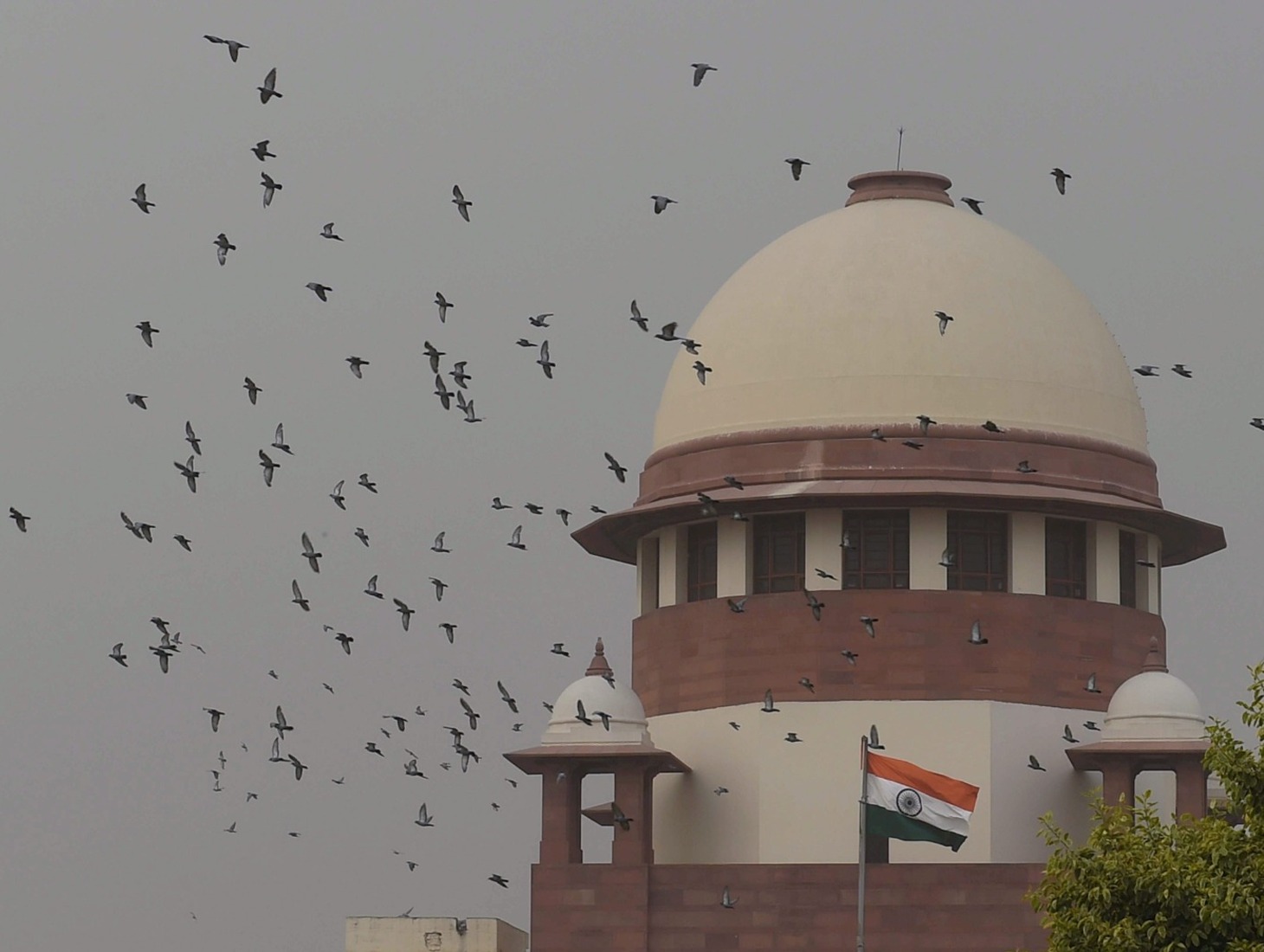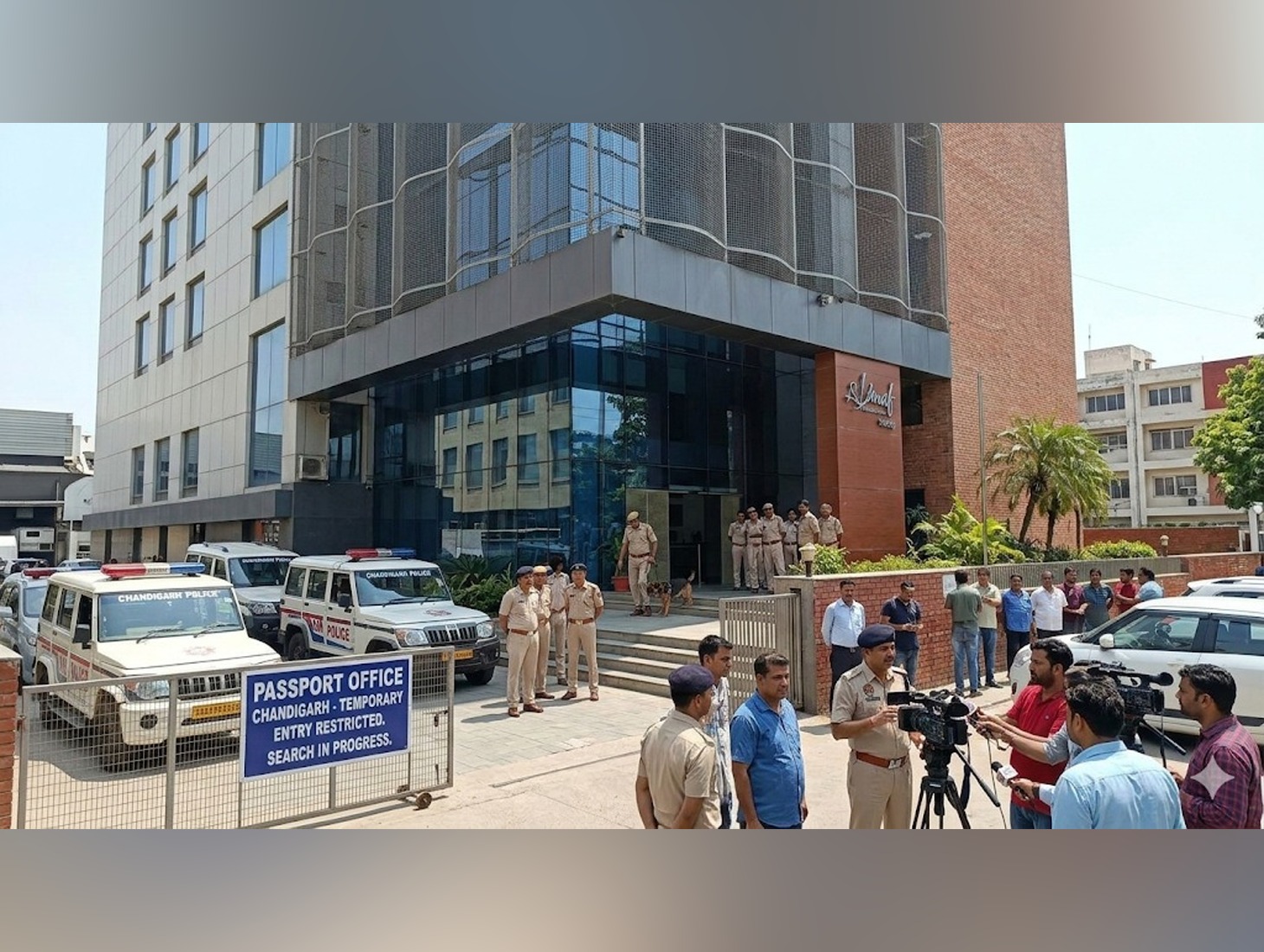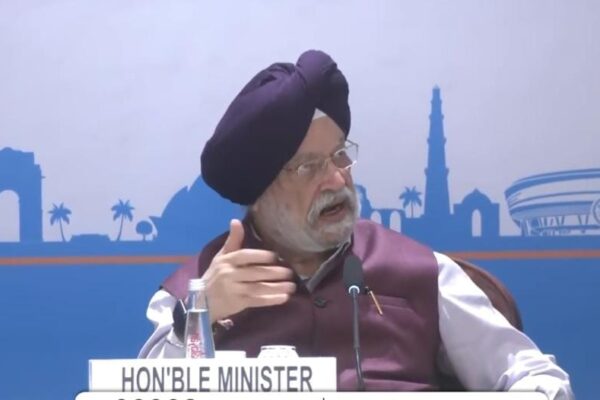The North News
New Delhi, October 9
Prime Minister Narendra Modi and UK Prime Minister Keir Starmer reaffirmed their commitment to deepen economic and strategic ties on Thursday, urging early ratification of the India–UK Comprehensive Economic and Trade Agreement (CETA) and outlining a shared vision for trade, technology, defence, and climate cooperation. In their meeting in Mumbai, both leaders welcomed the resetting of the Joint Economic and Trade Committee (JETCO) to support implementation of CETA and drive wider investment partnerships. A strong business delegation from the UK highlighted opportunities in infrastructure, clean energy, manufacturing, technology, defence, finance, culture, and education.
They discussed improving connectivity, including renewal of the India–UK Air Services Agreement, as part of a broader push to strengthen the aviation and aerospace sectors.
The Prime Ministers reaffirmed a shared commitment to harnessing frontier technologies to drive inclusive growth and security, building on the Technology Security Initiative (TSI). They welcomed progress in critical and emerging technologies, including AI, telecom, health tech, and critical minerals.
Key announcements included:
- The India–UK Connectivity and Innovation Centre to develop next-gen telecom infrastructure with £24 million in joint funding.
- A Joint Centre for AI to advance responsible AI applications in health, climate and fintech.
- A Critical Minerals Guild to strengthen supply chains and create new investment opportunities.
Defence and Security
The two countries agreed to expand joint military exercises, training and capacity building. Modi welcomed the port call of the UK’s Carrier Strike Group and the Royal Navy’s exercise KONKAN with the Indian Navy. They committed to enhanced Indo-Pacific maritime security, including a new Regional Maritime Security Centre of Excellence.
They also agreed on cooperation in maritime electric propulsion systems for Indian naval platforms, and a government-to-government agreement on initial supply of Lightweight Multirole Missile (LMM) systems to boost India’s air defence capabilities.
The leaders strongly condemned terrorism “in all its forms and manifestations”, committing to strengthen cooperation on counterterrorism, including at the UN and Financial Action Task Force (FATF), and specifically condemned the April 2025 terrorist attack in Pahalgam.
Climate and Energy
The leaders reaffirmed the importance of working together to achieve net-zero goals and announced a new joint investment in a Climate Tech Start-up Fund under an MoU between the UK Government and State Bank of India. They also welcomed the establishment of an Offshore Wind Taskforce and expressed interest in joint work through the Global Clean Power Alliance.
Education, Culture and People-to-People Ties
Acknowledging education as a key pillar of cooperation, both sides welcomed the opening of campuses by nine UK universities in India, including the University of Southampton, University of Liverpool, University of York, University of Aberdeen and University of Bristol. They reaffirmed commitment to the Migration and Mobility Partnership and praised the Indian diaspora’s role as a “living bridge” between both countries.
Regional and Global Cooperation
Both leaders reiterated their commitment to global peace and a rules-based order. The UK reaffirmed support for India’s bid for permanent membership of the United Nations Security Council. They also expressed support for a just and lasting peace in Ukraine, and called for restraint and humanitarian protection in the Middle East, backing the US peace plan for Gaza as part of a two-state solution.
Prime Minister Starmer’s visit to India from 8–9 October was his first since taking office. It follows Modi’s visit to the UK in July, during which both sides signed CETA and adopted a Defence Industrial Roadmap.
The leaders said the visit reaffirmed the strength and trajectory of the India–UK Comprehensive Strategic Partnership, built on shared democratic values and deep ties.


